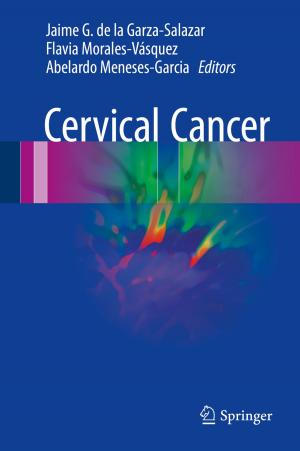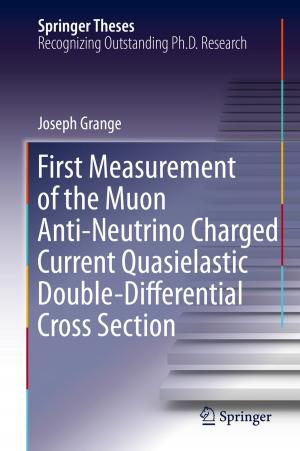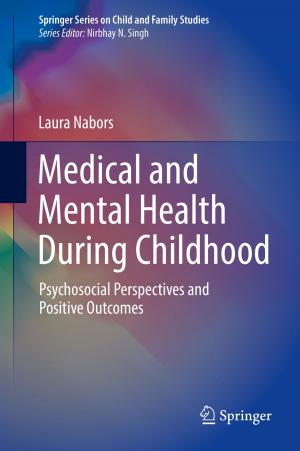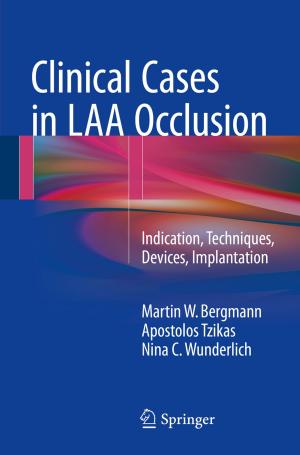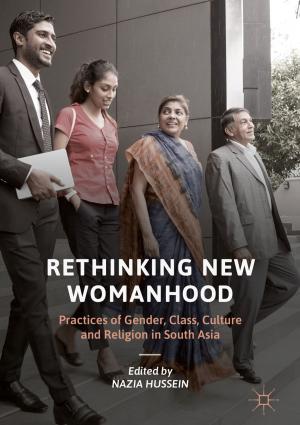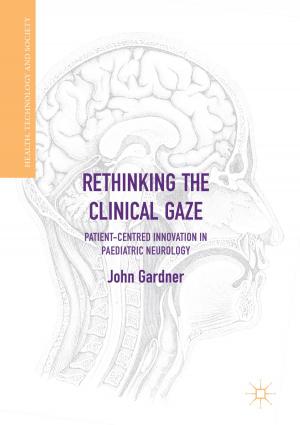Victim Healing and Truth Commissions
Transforming Pain Through Voice in Solomon Islands and Timor-Leste
Nonfiction, Social & Cultural Studies, Political Science, Government, Social Policy, Social Science, Crimes & Criminals, Criminology, Business & Finance| Author: | Holly L. Guthrey | ISBN: | 9783319124872 |
| Publisher: | Springer International Publishing | Publication: | February 23, 2015 |
| Imprint: | Springer | Language: | English |
| Author: | Holly L. Guthrey |
| ISBN: | 9783319124872 |
| Publisher: | Springer International Publishing |
| Publication: | February 23, 2015 |
| Imprint: | Springer |
| Language: | English |
This book intends to contribute to the growing body of transitional justice literature by providing insight into how truth commissions may be beneficial to victims of mass violence, based on data collected in Timor-Leste and on the Solomon Islands. Drawing on literature in the fields of victim psychology, procedural justice, and transitional justice, this study is guided by the puzzle of why truth-telling in post-conflict settings has been found to be both helpful and harmful to victims of mass violence. Existing studies have identified a range of positive benefits and negative consequences of truth-telling for victims; however, the reasons why some victims experience a sense of healing while others do not after participating in post-conflict truth commission processes continues to remain unclear. Hence, to address one piece of this complex puzzle, this book seeks to begin clarifying how truth-telling may be beneficial for victims by investigating the question: What pathways lead from truth-telling to victim healing in post-conflict settings? Building on the proposition that having voice—a key component of procedural justice—can help individuals to overcome the disempowerment and marginalisation of victimisation, this book investigates voice as a causal mechanism that can create pathways toward healing within truth commission public hearings. Comparative, empirical studies that investigate how truth-telling contributes to victim healing in post-conflict settings are scarce in the field of transitional justice. This book begins to fill an important gap in the existing body of literature. From a practical standpoint, by enhancing understanding of how truth commissions can promote healing, the findings and arguments in this volume provide insight into how the design of transitional justice processes may be improved in the future to better respond to the needs of victims of mass violence.
This book intends to contribute to the growing body of transitional justice literature by providing insight into how truth commissions may be beneficial to victims of mass violence, based on data collected in Timor-Leste and on the Solomon Islands. Drawing on literature in the fields of victim psychology, procedural justice, and transitional justice, this study is guided by the puzzle of why truth-telling in post-conflict settings has been found to be both helpful and harmful to victims of mass violence. Existing studies have identified a range of positive benefits and negative consequences of truth-telling for victims; however, the reasons why some victims experience a sense of healing while others do not after participating in post-conflict truth commission processes continues to remain unclear. Hence, to address one piece of this complex puzzle, this book seeks to begin clarifying how truth-telling may be beneficial for victims by investigating the question: What pathways lead from truth-telling to victim healing in post-conflict settings? Building on the proposition that having voice—a key component of procedural justice—can help individuals to overcome the disempowerment and marginalisation of victimisation, this book investigates voice as a causal mechanism that can create pathways toward healing within truth commission public hearings. Comparative, empirical studies that investigate how truth-telling contributes to victim healing in post-conflict settings are scarce in the field of transitional justice. This book begins to fill an important gap in the existing body of literature. From a practical standpoint, by enhancing understanding of how truth commissions can promote healing, the findings and arguments in this volume provide insight into how the design of transitional justice processes may be improved in the future to better respond to the needs of victims of mass violence.


